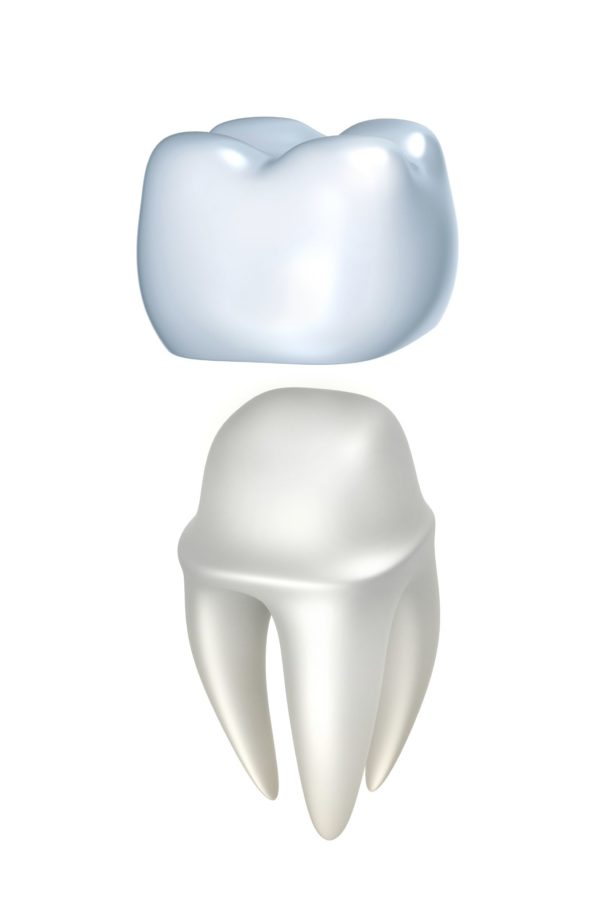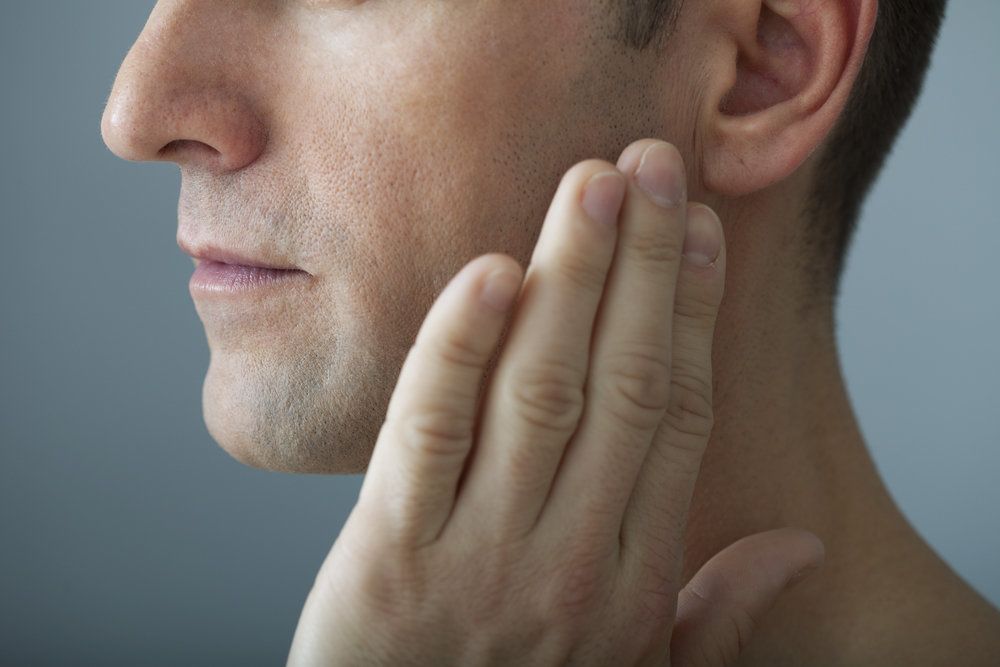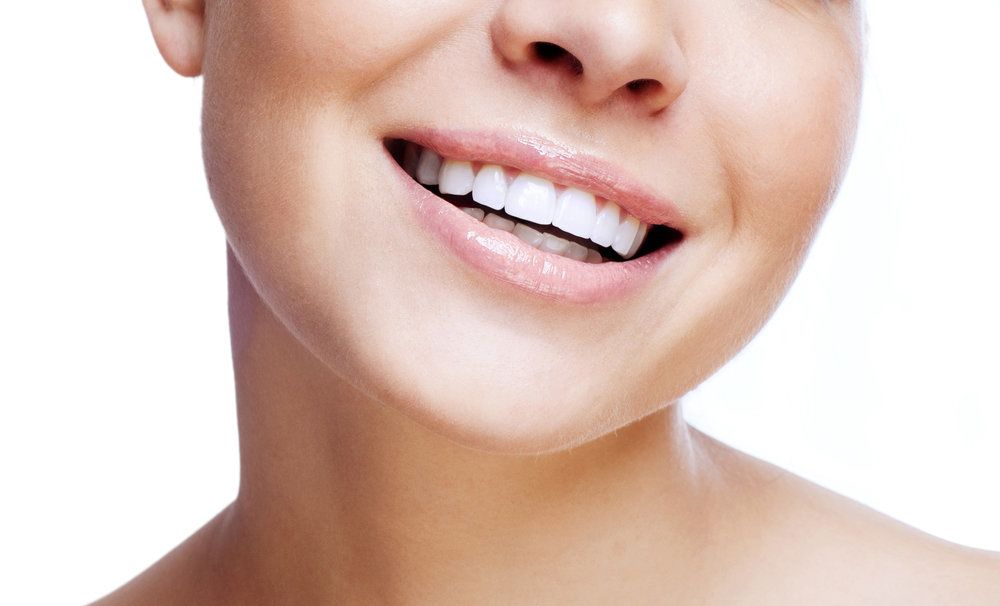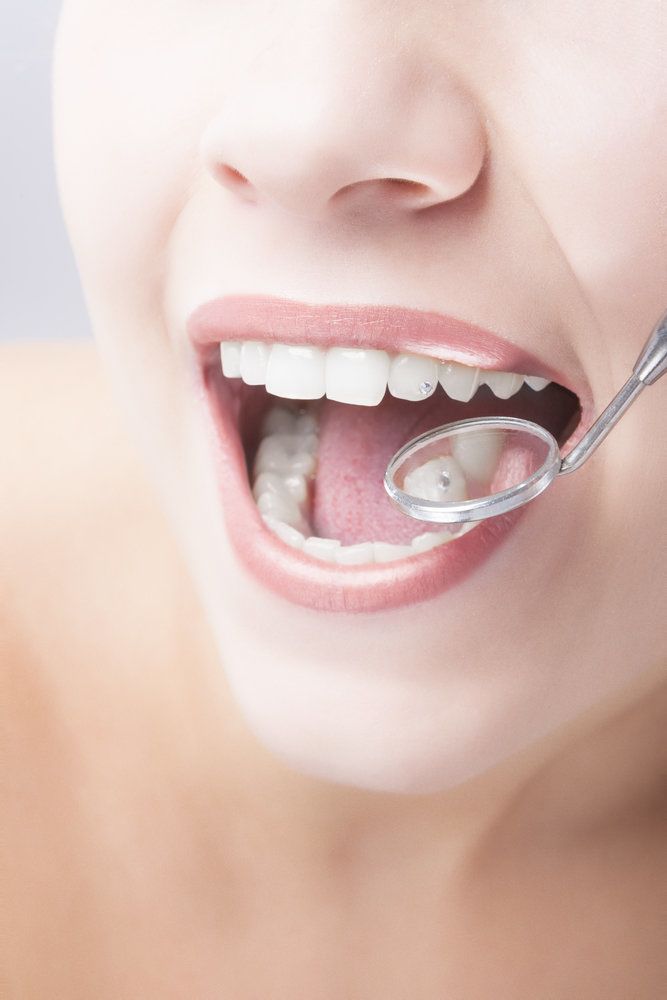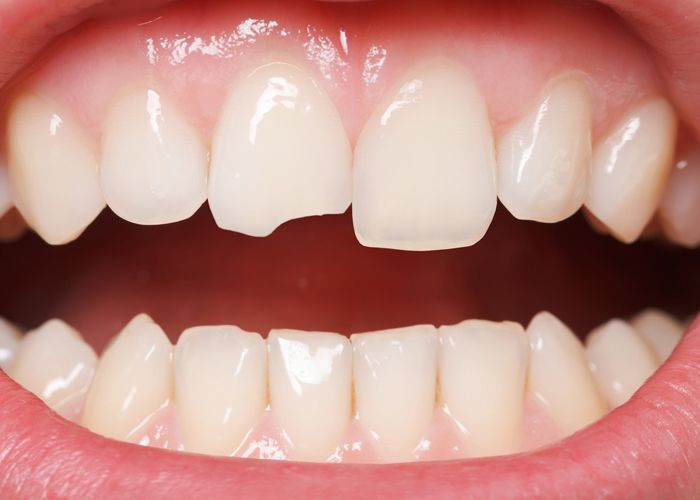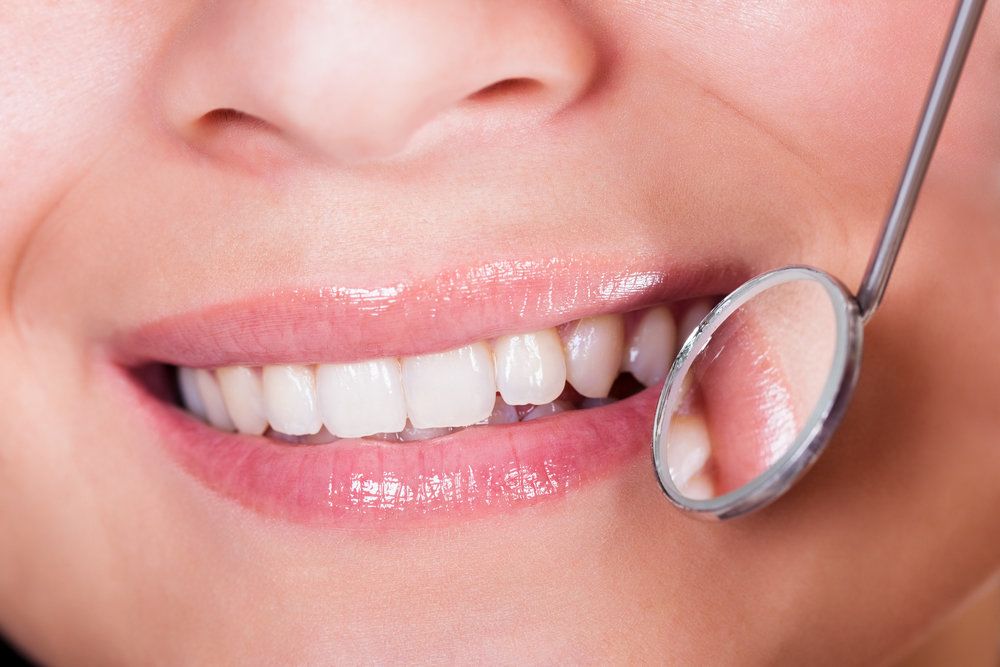Treatment for the Most Common Causes of Tooth Loss
With a combination of good oral hygiene habits and regular dental exams and cleanings, patients should be able to avoid serious oral health problems. However, many patients skip dental exams and flossing, resulting in dental complications such as tooth loss. Restorative dentistry treatments can rebuild damaged smiles by replacing teeth that have been lost, but it is important for patients to understand what causes tooth loss in the first place. Dr. Robert Rapisarda discusses common causes of tooth loss with his Barre, MA patients, as well as the treatment options that are available to those who have already experienced this loss.
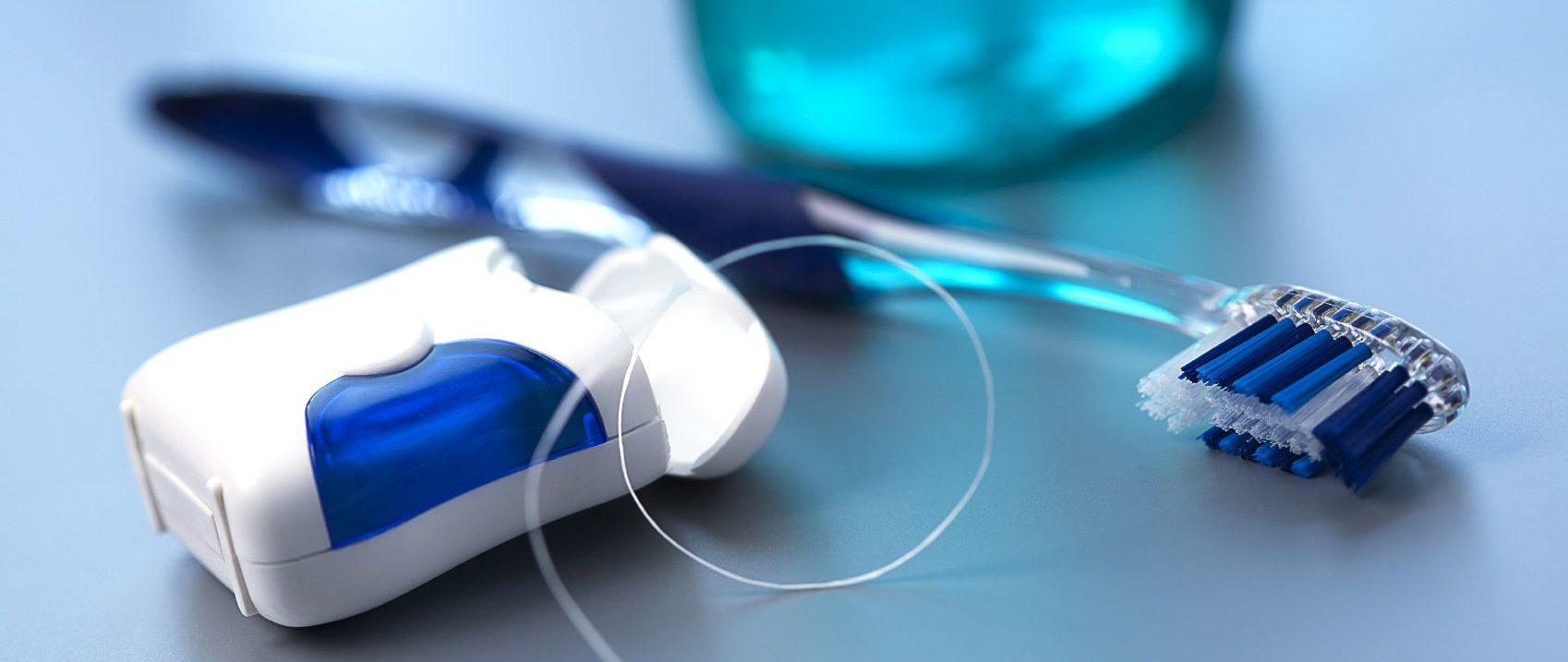
Causes of Tooth Loss
When tooth loss occurs, it is typically the result of poor oral hygiene habits. It is true that good oral hygiene habits (including regular brushing and flossing) are vital to the health of the teeth, and that poor oral hygiene habits can compromise oral health and increase the risk of dental complications. The specific effect on oral health include:
- Advanced tooth decay: Tooth decay doesn’t pose a huge threat to the health of the teeth if it is treated in a timely manner. Even moderate cases of tooth decay can be easily treated with a dental filling. However, advanced cases of decay (those which have not been treated) do threaten the health, strength, and structure of the teeth and can ultimately lead to tooth loss.
- Advanced erosion: Many people confuse erosion with decay, because the side effects of erosion are similar to that of tooth decay. However, decay is caused by a buildup of bacteria; erosion is the result of a highly acidic oral environment. Foods and beverages that are high in acid can slowly eat away at the tooth’s protective layer of enamel. As with decay, erosion can be treated, if it is caught soon enough, but advanced cases can cause tooth loss.
- Root canal infection: Teeth that have been damaged by decay or erosion are vulnerable to root canal infections. A root canal infection may develop when bacteria enters the center of a tooth, where the nerves reside. If these nerves and the pulp of the tooth become inflamed and infected, tooth loss may occur.
- Advanced gum disease: Unhealthy gums are another common cause of tooth loss. Gum disease causes the gum tissue to become sensitive and inflamed, and can eventually result in gum recession. Without treatment, advanced gum disease can lead to tooth loss.
- Injury: Even patients with the healthiest teeth and gums can experience tooth loss. In these cases, an injury is the most common cause of tooth loss. A fall or a blow to the face may either knock a tooth out completely, or damage it so severely that it requires extraction.
Tooth Loss Treatments
Once a tooth has been lost, the goal is to replace it with a strong dental restoration. This allows patients to maintain oral functions, maintain the structure of the mouth, and avoid additional dental complications. Dr. Rapisarda offers several restorative dentistry treatments that can address tooth loss, including dental bridges, dentures, and dental implant-supported restorations.
Contact Us
If you have experienced adult tooth loss, or are concerned about the health of your teeth, Dr. Robert Rapisarda would be happy to help you restore your oral health so that you can enjoy a strong and beautiful smile. To learn more about our comprehensive range of dental services, contact us at your earliest convenience.
Treatment for the Most Common Causes of Tooth Loss Read More »

